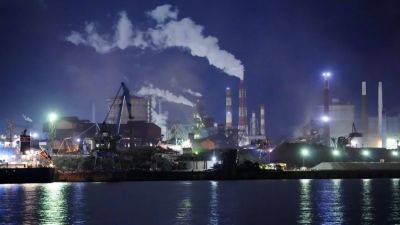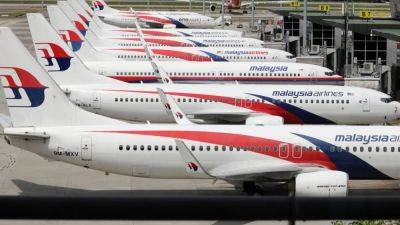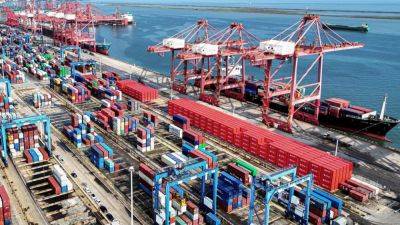Indian solar panels face US scrutiny for possible links to China forced labour
US Customs and Border Protection have detained nearly US$43 million in shipments of electronics equipment from India since October under a 2022 law banning goods made with forced labour, according to agency data, representing a new focus for the trade enforcement agency.
While CBP does not specify what types of electronic equipment it has detained, polysilicon, a raw material in solar panels, is identified as a high-priority sector in the Uygur Forced Labor Prevention Act (UFLPA), and solar panels have historically made up most of the stopped shipments in that category, according to industry sources.
The CBP did not immediately respond to a request for comment.
The law bans goods made in China’s Xinjiang region, where Chinese authorities are reported to have established labour camps for ethnic Uygur and other Muslim groups.
China denies any abuses.
No Indian electronics shipments were detained under the UFLPA in previous years.
Nearly a third of the detained Indian electronics shipments were denied, according to CBP. By comparison, just 5.4 per cent of shipments from top US solar component suppliers Malaysia, Vietnam and Thailand were denied entry over that period.
The Indian detentions represent a small share of the US$3 billion in electronics shipments CBP has stopped at the border under the UFLPA in the last two years.
But they are a setback for Indian producers seeking to cast themselves as an alternative for US solar project developers weary of navigating tariffs and UFLPA enforcement delays on panels made by mainly Chinese companies.
“If the solar cells for Indian panels are coming from China, then there is likely a good reason why detentions of Indian products may be increasing,” said Tim Brightbill, a trade lawyer with







